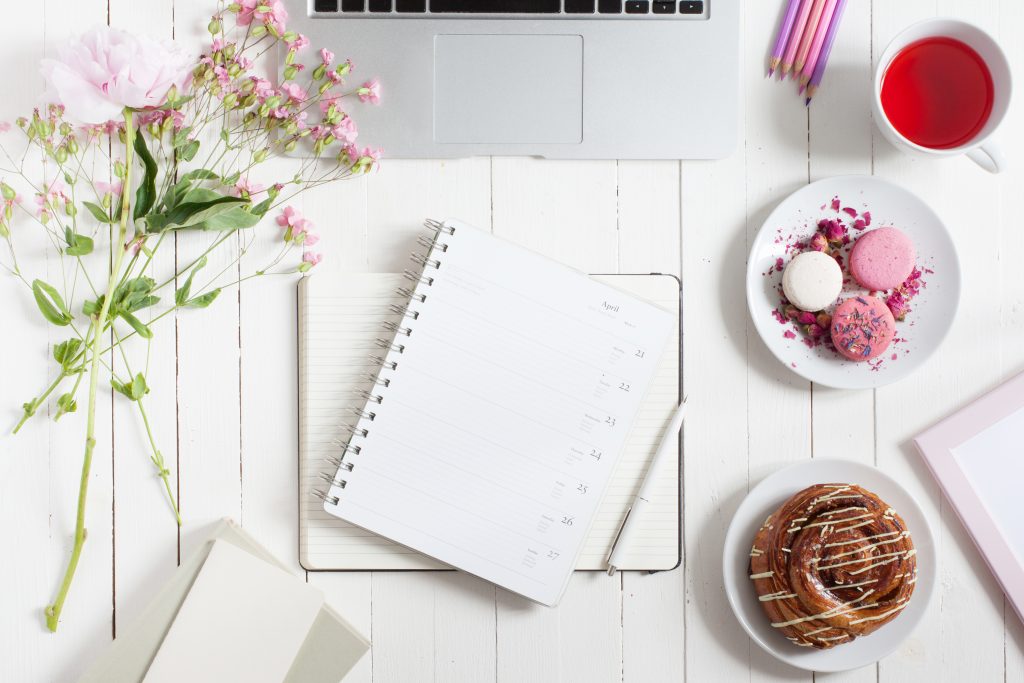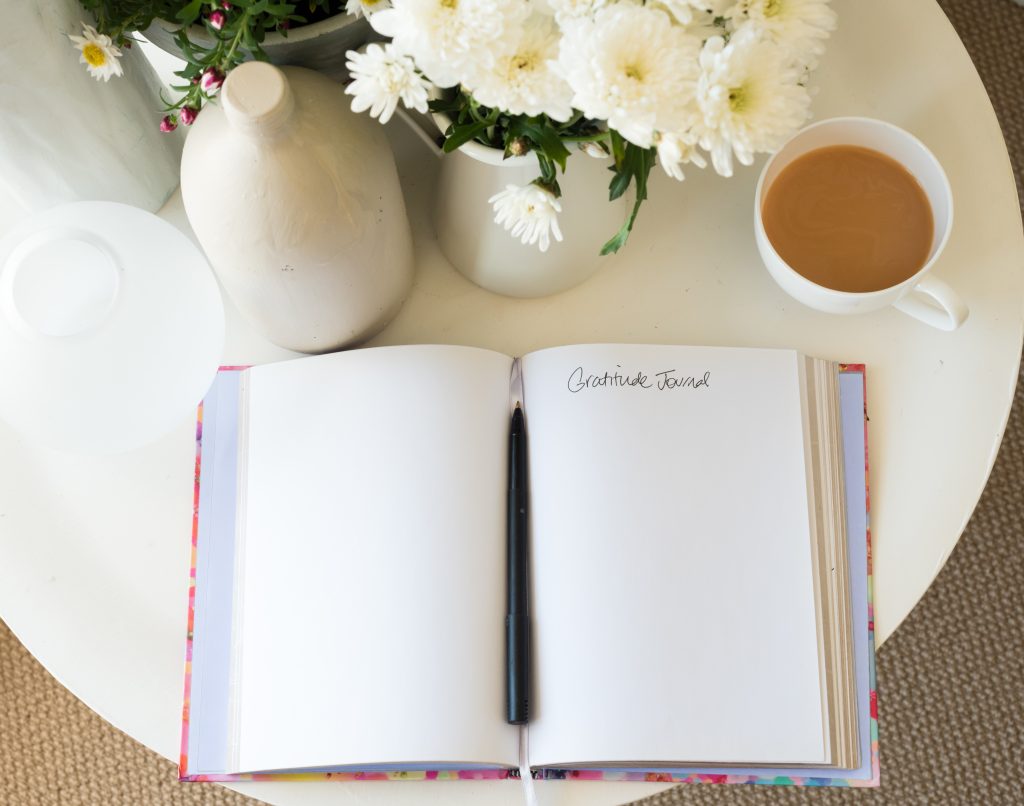
I have been using a Life Planner for decades, switching between different types to see which one worked best for me. You may have done the same thing, but if not, I hope you will until you find your “good-enough” planner. Remember nothing is perfect and your planner doesn’t have to be, either! Regardless of the planner I used, there are three things I discovered that made my Life Planner a successful tool for managing my life.
Before you invest your time and a not-insubstantial amount of money into using a Life Planner and to avoid it becoming the desk-version of a fruitcake, please take a moment and check out these three hacks that I promise will make all the difference in your satisfaction with Life Planning:
If you’re up, your Life Planner is out and open
A Life Planner is a lot like your laptop. It only works if it’s on. And by on, I mean out where you are and open to the week you are living through. Wherever I am for any significant amount of time, if I am up and moving and am semi-conscious (thank you, coffee!), my Life Planner is out on the surface I am most likely to be sitting at or passing frequently and open to this week. At my office, it’s my desk. At home, it’s my dining room table.
On vacation (yes…even on vacation), it’s likely to be the bar at the kitchen. If you travel from one location to another for work or other reasons, it’s important when you’re purchasing a planner that you consider durability and how easy it will be to transport it. Mine has little elastic bands that keep it closed and its contents protected when I travel. If you can’t set your eyes on it frequently, all the amazing plans and goals you have set for yourself go back into that dark place where you have to try to remember what you’re supposed to be focusing on (your brain). That’s leaving way too much to luck.
Success is only partly due to luck. Mostly success is due to persistent and consistent focus on achieving a goal, which is what your Life Planner is for! So use it (your planner), or lose it (your serenity, your sanity, your fill-in-the-blank)!
Planning forward really means planning backward

The most effective way to use a Life Planner isn’t by looking at this week and writing out what you’re going to do and where you’re going to be. That’s the equivalent of going Christmas shopping on Christmas Eve. You can do better than that. And you will feel 100 times better if you do better than that! The secret to successful planning of any kind is to look forward and then back-plan. That may mean going to your monthly page a month in advance and see what is coming up in terms of appointments, projects, deadlines, etc. Then go to the weeks for that month and start filling in at least what you know for certain is going to need to be planned around.
If it’s the holidays or you’re planning an academic semester, you need to back-plan 2-3 months in advance (I’ll write separate posts on these topics). If this sounds complicated, it isn’t when put into practice. Planning backward means never finding out that you have two appointments at the same time again or that your child’s piano recital is on the same day as your best friend’s shindig. Planning backward is doing something today that your future self will thank you for. Your present self is going to be a hot mess unless you do this.
Separate your Must Do’s and your Wish Lists
One of the easiest ways to become completely overwhelmed using a Life Planner is to start writing in all of the things you want to do, stop doing, and change, along with ALL of your regularly scheduled programming and then take a look at that weekly page. If you’re smart, you’ll instantly rebel and put that Life Planner away and not look at it, because more overwhelm is the EXACT OPPOSITE of what a good Life Planner is supposed to do for you!
For successful Life planning you do not fill in every blank space. This is not a wall you’re painting! If your life is so full that every space in your week is filled with something, we need to have a long talk about your potential for burnout. You do put in the things that you need reminders for. That may be a habit you’re trying to change so you have some accountability.
Appointments and deadlines and ways you intend to spend your time to stay on track with a project are good. Menu planning, chores, social events. Those are things you really need to do or Must Do for your life to function well. But there are always going to be the things you’d love to get to if you have the time or energy. Those things need to go on a “rolling” To Do List so there is no pressure to get them done this week. You can transfer them to next week or next month if necessary. That’s your Wish List.
Good mental health depends on your being able to distinguish fantasy from reality. If you actually think you can juggle 25 balls in the air, 5 of them being bowling balls, then I’m predicting you’re going to drop a lot of those. And if you drop a bowling ball on your foot it’s going to hurt. Bad. So your Life Planner is to help you successfully juggle the 5-10 that are realistic. When you find a genie for the other 10-15, send him my way!

So, remember, you have to actually use your planner several times a day for it do anything for you. You have to plan backwards for planning to be effective. And you have to be realistic about what you’re going to try to accomplish and put in your planner. Sounds easy…but these are all healthy habits that take time to learn. Experiment and practice until you find what works for you. And go easy on yourself as you get them going. Progress…not perfection…is always the ultimate goal!
Dr. Anita Sanz, PhD, Psychologist
